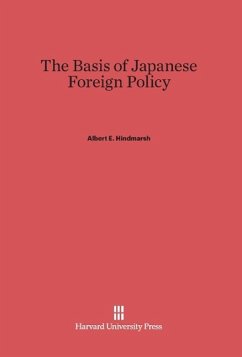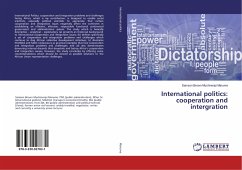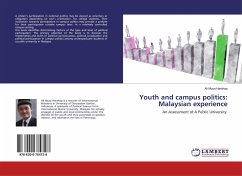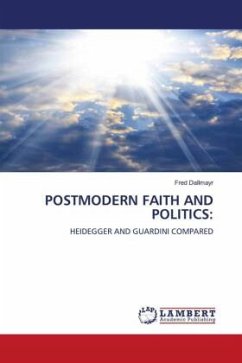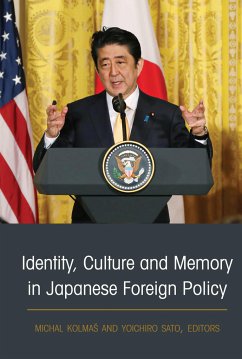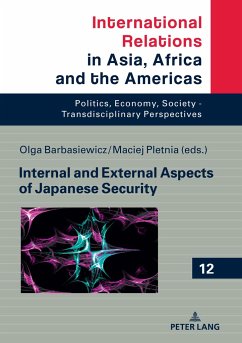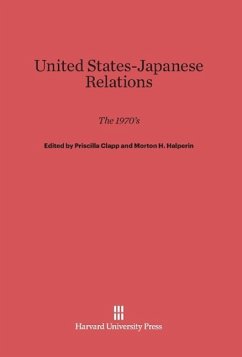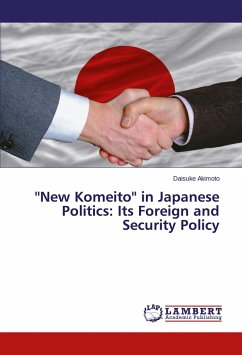
''New Komeito'' in Japanese Politics: Its Foreign and Security Policy
Versandkostenfrei!
Versandfertig in 6-10 Tagen
15,99 €
inkl. MwSt.

PAYBACK Punkte
8 °P sammeln!
In the study of Japanese politics, New Komeito tends to be overlooked despite its political influence. It has been 50 years since the establishment of the party and its significance in Japanese politics needs to be re-examined in an academic manner. To this end, this book sheds light on the influence of New Komeito on Japan s foreign and security policy. By applying a theoretical classification, this study categorises New Komeito s pacifist policy as anti-war pacifism , realistic pacifism , and international pacifism . Based on the theoretical perspectives, the author argues that New Komeito s...
In the study of Japanese politics, New Komeito tends to be overlooked despite its political influence. It has been 50 years since the establishment of the party and its significance in Japanese politics needs to be re-examined in an academic manner. To this end, this book sheds light on the influence of New Komeito on Japan s foreign and security policy. By applying a theoretical classification, this study categorises New Komeito s pacifist policy as anti-war pacifism , realistic pacifism , and international pacifism . Based on the theoretical perspectives, the author argues that New Komeito s anti-war pacifism has been consistent, that the party has recognised Japan s right to self-defence based on realistic pacifism, and that it has supported Japan s contributions to international peace operations based on international pacifism. To substantiate the main arguments, this book investigates the foreign and security policy of the party in the Cold War, post-Cold War and post-9/11 period. Finally, the book explores New Komeito s stance on constitutional revision, especially Article 9, the so-called peace clause , which is crucial to the current debate in the politics of Japan.





